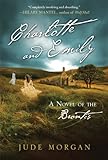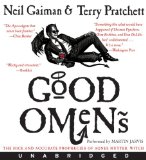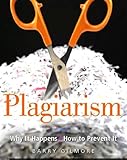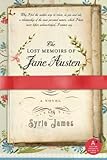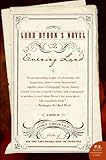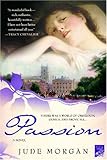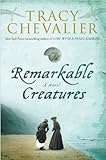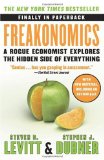On Friday, I received a package full of goodies. You might remember I won the Map of True Places Sweepstakes for Brunonia Barry’s newest book, The Map of True Places. It’s hard to tell what all is in the picture above, but the prizes included
- 2 signed copies of The Map of True Places
- 2 paperback copies of The Lace Reader (my review is here)
- 2 nights at the Salem Waterfront Hotel and Suites
- a copy of America’s Membership Libraries
- dinner for 2 at Sixty2 on Wharf
- dinner for 2 at the Hawthorne Hotel
- a year’s membership to the Salem Athenæneum
- a cruise on the schooner Fame for 4
- 2 adult and 2 child tickets to the Salem Witch Museum
- 2 adult admissions to the House of Seven Gables
- 2 adult tickets for the Salem Trolley
- 2 tickets for the City View Trolley Tours in Boston
- 4 one-way tickets for the Salem Ferry to Boston
- 2 general admission passes to the Peabody Essex Museum
- 2 guest passes for a tour at any museum from Historic New England
- $500 toward travel expenses
We will probably go in July. Dylan and Maggie will most likely come with us. It’s weird. You see these contests online and enter for the hell of it, not thinking you could win, but definitely thinking why not? It takes a minute. You know ultimately someone wins these things, but you never think it will be you. This time it was, and I am so excited. I actually don’t know how to put how I feel into words. I still don’t believe I won.



